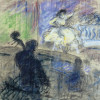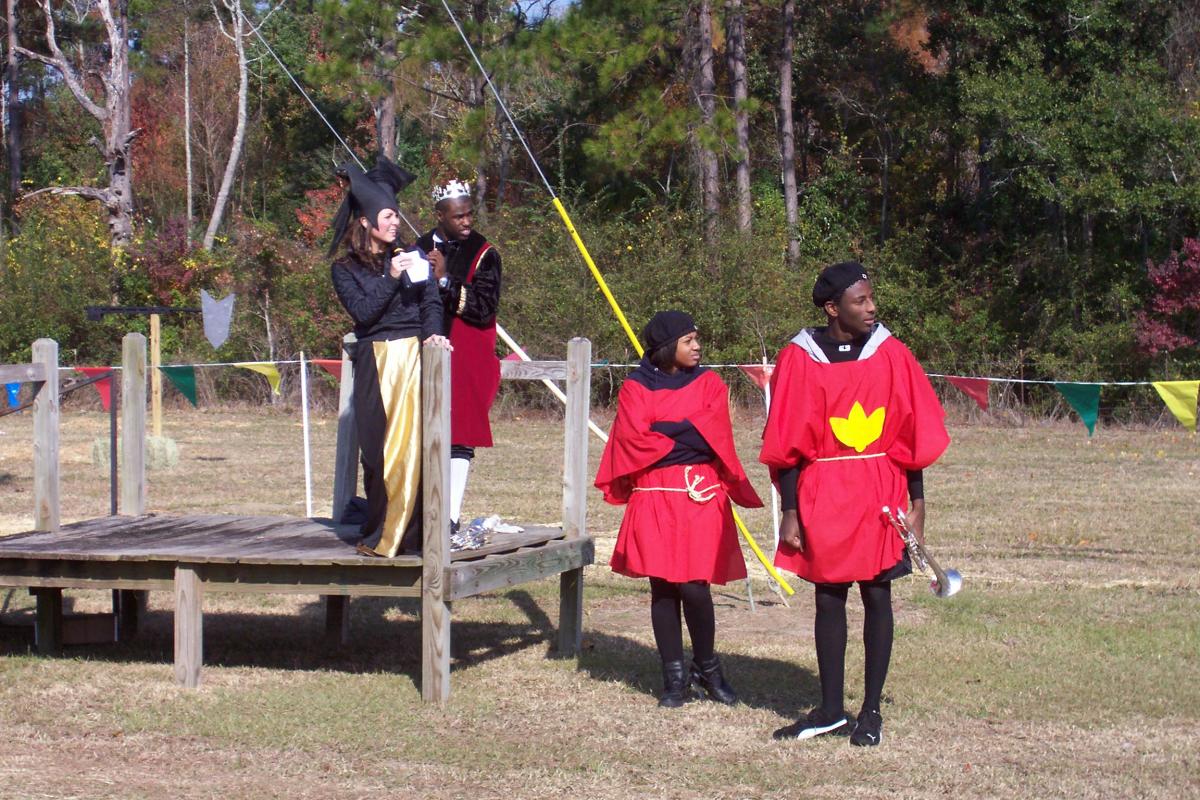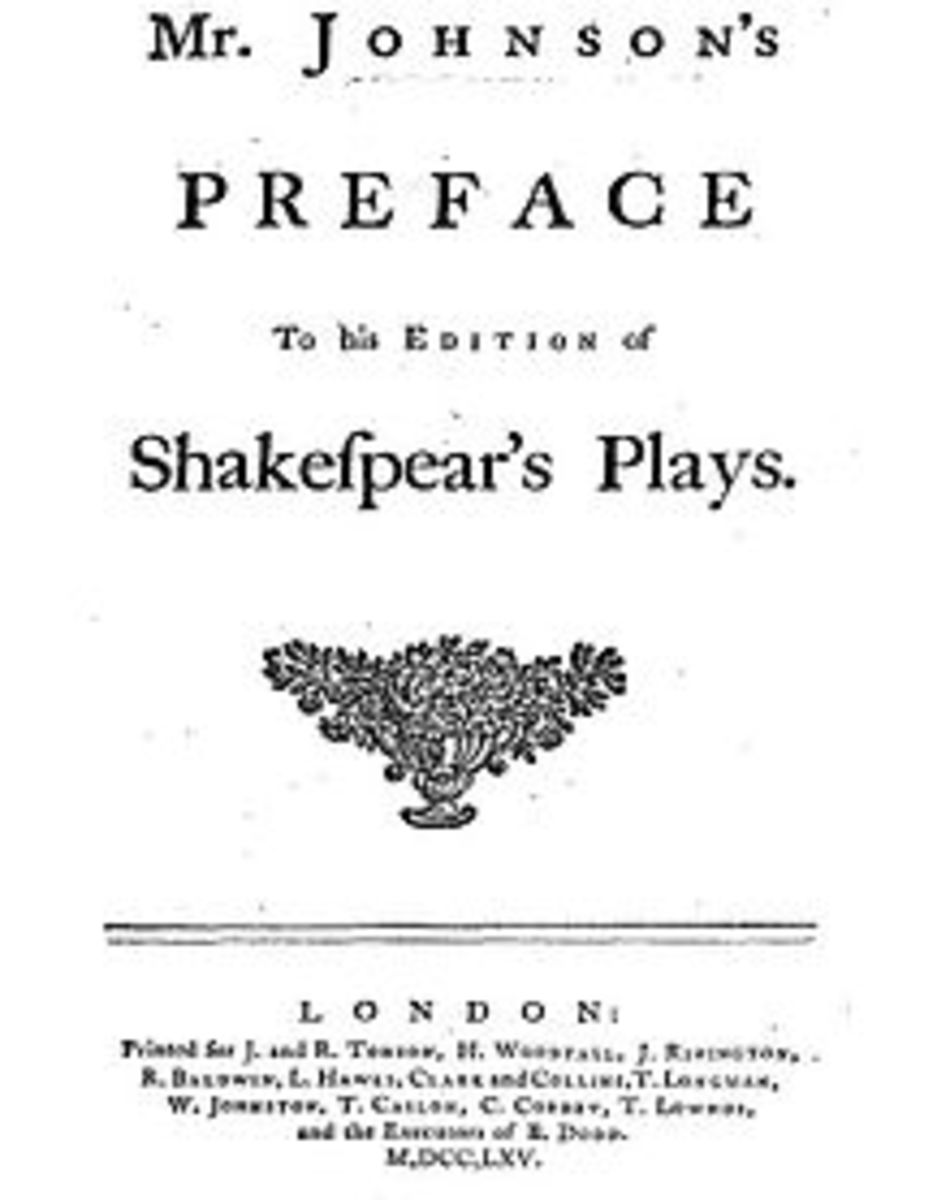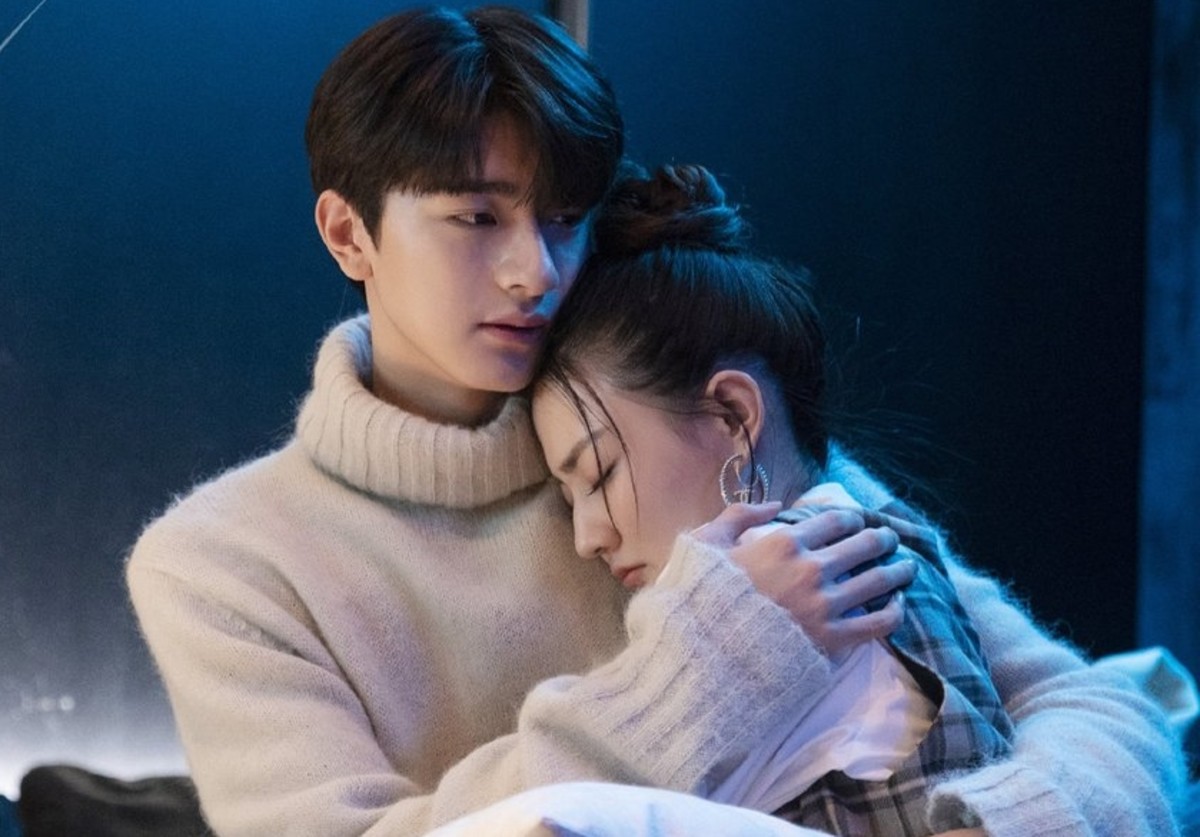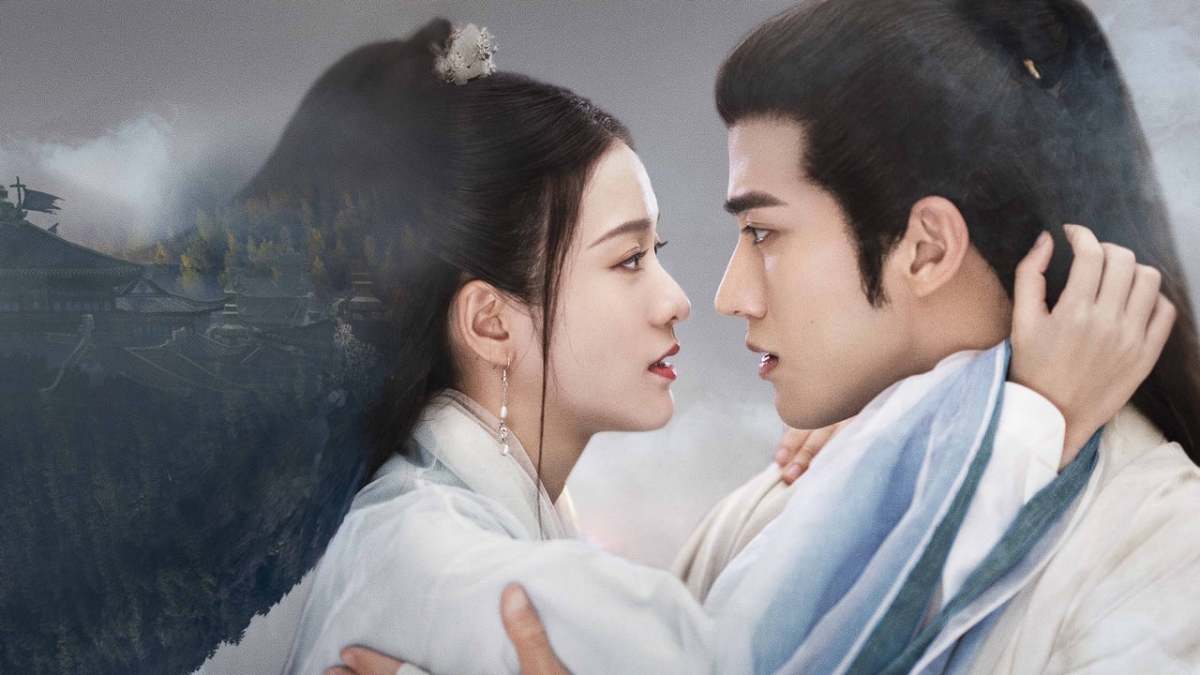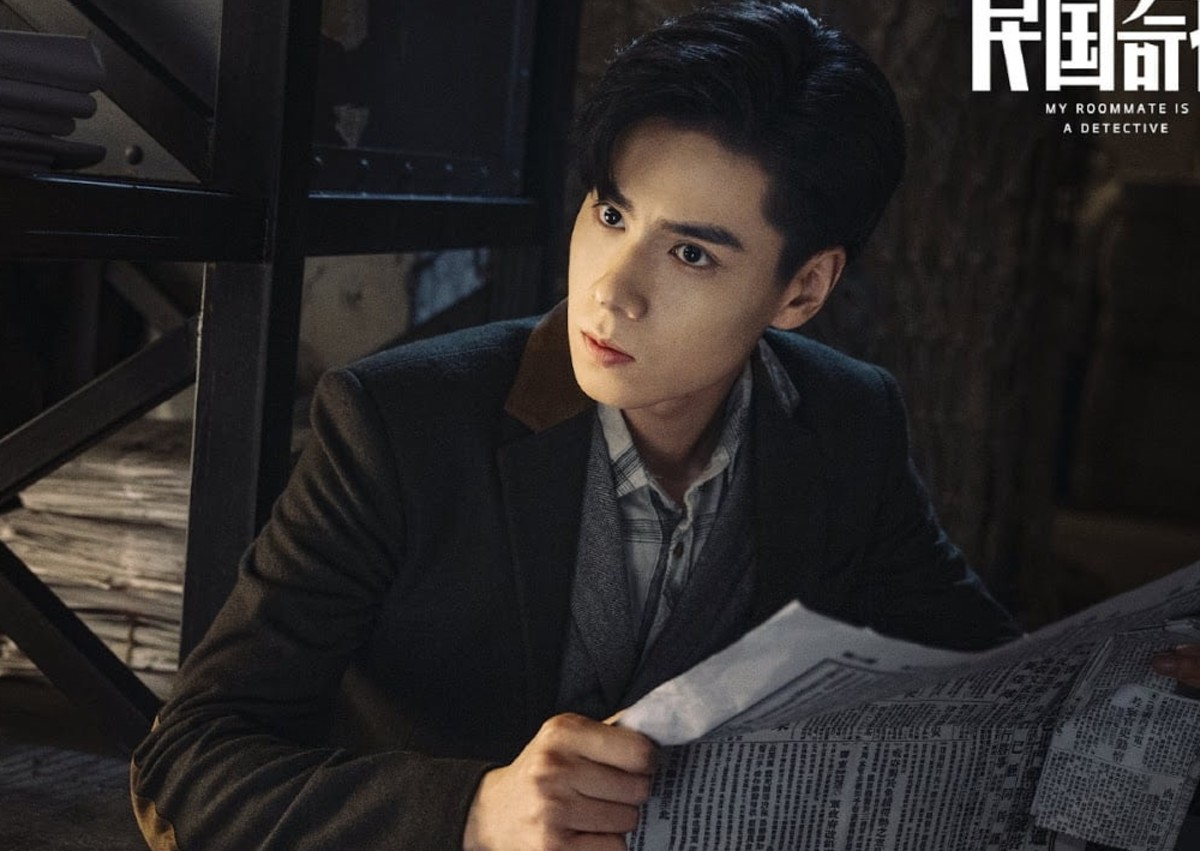Review of the Films: Henry V (Branagh Version)
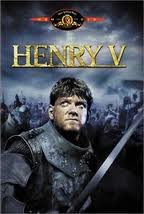
Henry V
Henry V is a film adaption by Kenneth Branagh of the play with the same name by William Shakespeare. Falling into the category of histories, Henry V documents why Henry decides to continue the Hundred Years War with France and culminates in the Battle of Agincourt.
Branagh focuses on making a faithful adaption of this Shakespeare play, no otherworldly interpretations here. A faithful interpretation is possible because Branagh focuses on the story and the play itself first; filming aspects are only used to enhance the story of the play when necessary. By staying true to Shakespeare's vision of the story, this film becomes a truly remarkable accomplishment and a classic Shakespeare adaption.
Grade A+ (9.8/10)
Adapting Shakespeare to Film
Henry V is Kenneth Branagh's first Shakespeare film adaption, and it is also not the first film done on Henry V. Laurence Olivier, the famed Shakespeare actor and director, did a version of this play in 1944. To this day scholars still debate Shakespeare's intent with the play: is Henry V a patriotic play or is it a play that condemns the horrors of war. This question forces play companies, or in this case film directors, to make a difficult decision on how to portray Shakespeare's story, because both arguments for patriotic and condemnation of war are credible arguments.
In 1944 at the height of World War II Laurence Olivier took the patriotic route, creating a film that emphasizes more of the patriotic elements present in Henry V. Kenneth Branagh does the opposite in his adaption of Henry V, and instead focuses on the horrors of war.
Henry V Primary Cast
Character
| Actor/Actress
|
|---|---|
Chorus
| Derek Jacobi
|
Henry V
| Kenneth Branagh
|
Charles VI
| Paul Scofield
|
Duke of Gloucester
| Simon Shepard
|
Duke of Bedford
| James Larkin
|
Duke of Exeter
| Brian Blessed
|
Archbishop of Canterbury
| Charles Kay
|
Bishop of Ely
| Alec McCowen
|
Constable of France
| Richard Easton
|
Dauphin of France
| Michael Maloney
|
Mountjoy
| Christopher Ravenscroft
|
Katherine
| Emma Thompson
|
Mistress Quickly
| Judi Dench
|
Bardolph
| Richard Briers
|
Nym
| Geoffrey Hutchings
|
Pistol
| Robert Stephens
|
Boy
| Christian Bale
|
John Falstaff
| Robbie Coltrane
|
Henry Film-makers and Crew
Credit
| Name
|
|---|---|
Director
| Kenneth Branagh
|
Producer
| Bruce Sharman
|
Original Story
| William Shakespeare
|
Adapted Screenplay
| Kenneth Branagh
|
Music
| Patrick Doyle
|
Cinematography
| Kenneth MacMillan
|
Henry V Plot Summary
Henry V by itself is a strange play to adapt because it is part of a tetraology of plays by Shakespeare, that people today refer to as the Henriad. This tetraology begins with Richard II, and is followed by Henry IV Part I and then Henry IV Part II, before it finally concludes with Henry V. In Henry IV Parts 1 and 2 the character Henry V (also called Prince Hal) is not very responsible and takes a liking to John Falstaff, a corrupt and cowardly excuse for a knight. Through the arc of both Henry IV plays Henry becomes more responsible, thus making the tetraology resemble a coming of age story, so that by the beginning of Henry V he is now a responsible leader. In the film adaption of Henry V we only briefly see Henry's previous relationship with Falstaff. His previous lifestyle is alluded to, but not clearly explained, leaving the audience to fill in the pieces.
Henry V begins with Chorus, who in the film is played by an actor, that breaks the 4th wall telling the audience to use their imagination for the retelling of this play (or in this case film). Chorus will jump in periodically to help the play transition along.
The story begins with Henry V listening to his counselors. The Bishop of Ely and Archbishop of Canterbury fear that Henry will pass a bill that will confiscate more power from the church. In order to prevent him from doing this they decide to distract him by convincing him that he should invade France, where Henry has a claim to the throne.
Henry calls in the French Ambassador, Mountjoy, who also reports to the French Dauphin (the person that France believes is the rightful heir to the French throne). Mountjoy passes on a message from the Dauphin that insults Henry. Convinced by the bishops of his rightful claim to the French throne, and insulted by its disputed heir, Henry decides to invade France.
Throughout the play Henry battles the French forces which culminates in the famous Battle at Agincourt, where Branagh emphasizes the horrors of war.
Henry V Positive Qualities
Henry V is great faithful adaption of Shakespeare's original play. Branagh captures the horrors of war and uses the film to further enhance these ideas that are already established by the play. Shakespeare also had the insight to make a lot of the French characters sympathetic, not making this just a truly one sided story about a war. Showing both French and English sides throughout the war adds to the complexity of the story.
The acting is superb. Many great British actors and actresses take part of this adaption and they deliver perfect or near perfect performances. Branagh who also stars in the film as Henry convinces the audience that Henry has indeed come of age. He also delivers a great rendition of the St. Crispin's day speech, one of Shakespeare's most famous speeches. Even after hearing the Crispin's Day speech before, Branagh still manages to give you a great rousing feeling inside, which goes to show how relevant Shakespeare is and how talented an actor Branagh is.
Other notable acting performances were done by Paul Scofield, who portrays the aging French King Charles VI as if he were made of glass, something Charles VI believed to be true. It also turns out that Emma Thompson can speak French real well, too, and her scenes as Katherine, the daughter of the French King who is trying to learn English, are often funny and lighthearted, which serves as a nice contrast to the rest of the story. Robbie Coltrane makes a great Falstaff, you only wish Shakespeare had given him a larger part in this story. Judi Dench's speech as Mistress Quickly towards the beginning of the play that laments the loss of Falstaff is another great acting moment.
Henry V Recommendations
Henry V is recommended for people who enjoy faithful adaptions of Shakespeare's plays. The filmmaking only serves to enhance Shakespeare's original story, while leaving the rest of the story in the hands of the talented actors and Shakespeare's dialogue. Post-production elements of filmmaking, like the music also serve to heighten the emotional drama that's included in Shakespeare's narrative.
Henry V is also a great introduction to Shakespeare's histories. Despite the fact that Henry V is the final play in Shakespeare's Henriad tetraology, a person who is unfamiliar with the previous three plays can still watch this movie and understand everything that is happening. Although if it is possible reading or watching Richard II, and Henry IV Parts I and II will definitely add to your appreciation of this play and film adaption.
Check out the review for Kenneth Branagh's version of Much Ado About Nothing
